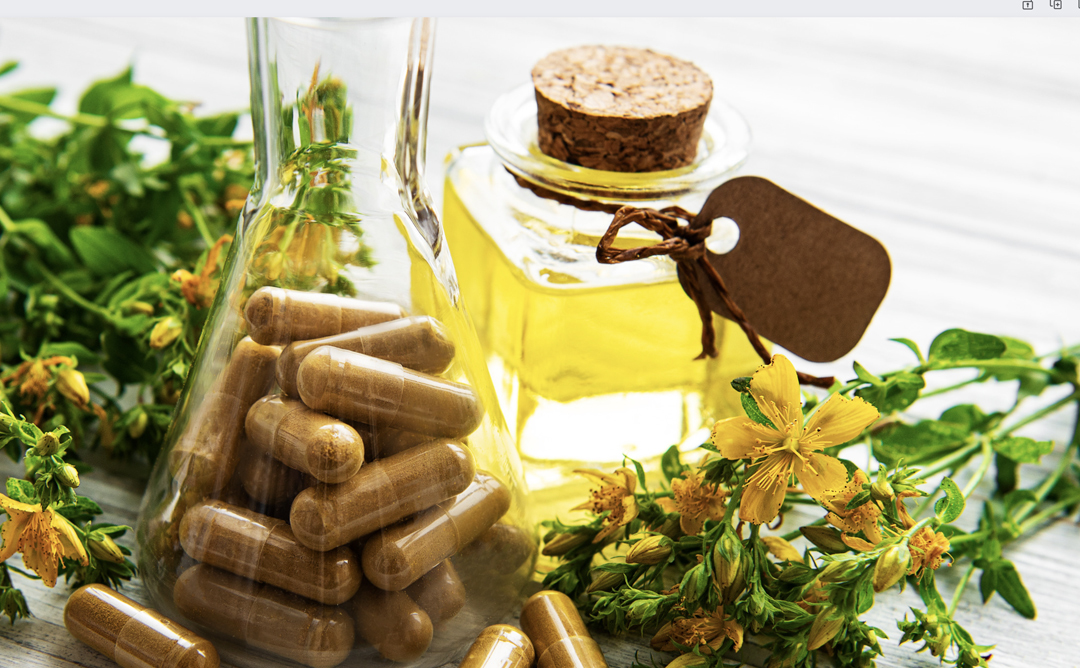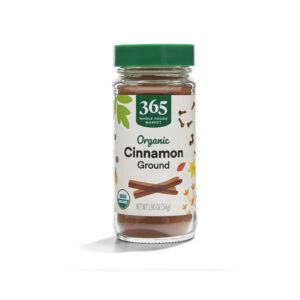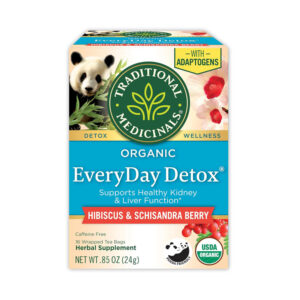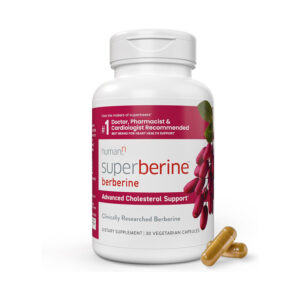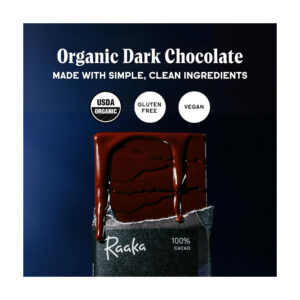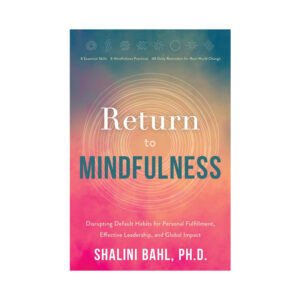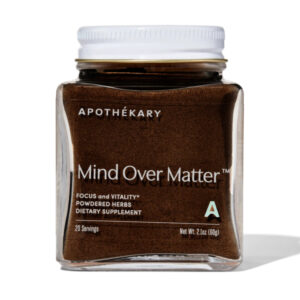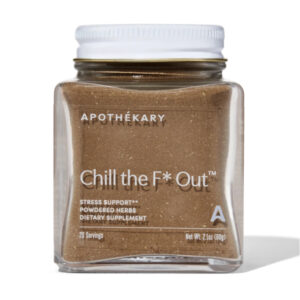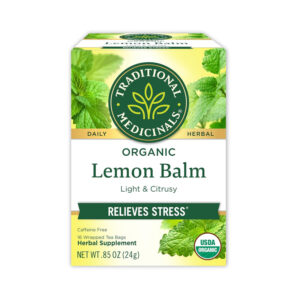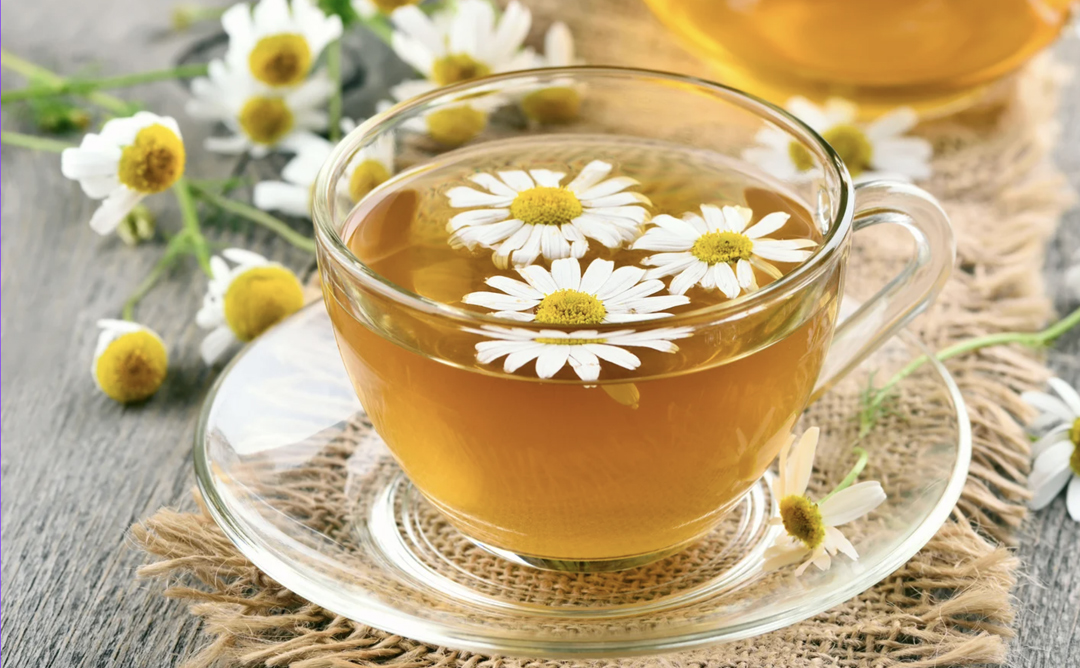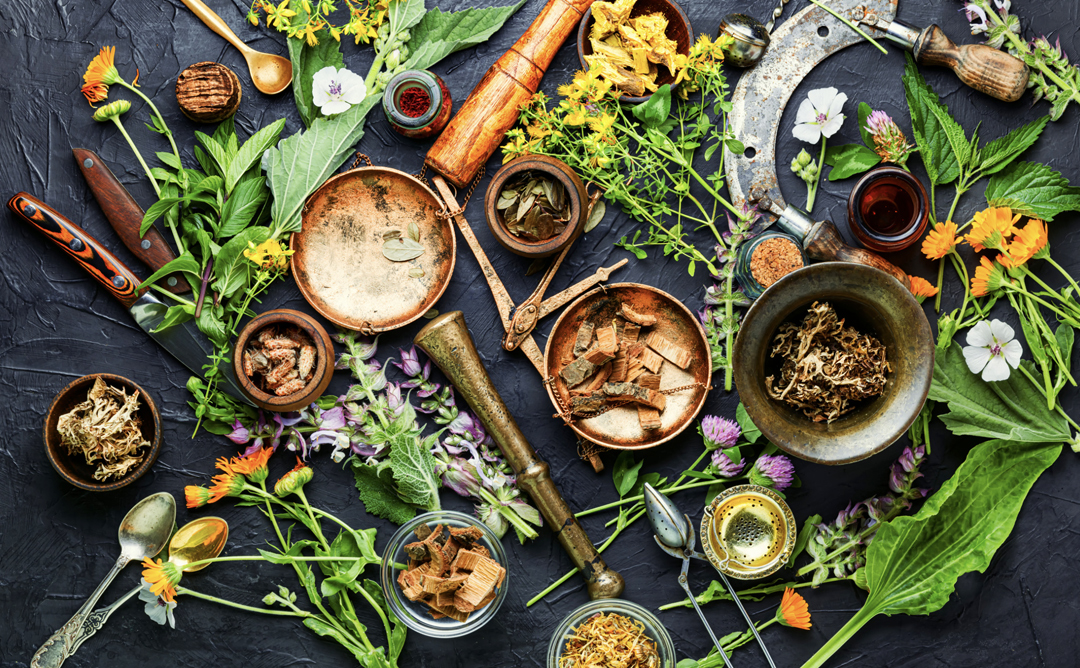
The Constipation-Beating Benefits of Carob

Relieving Discomfort Naturally: The Constipation-Beating Benefits of Carob
At the tender age of nine, I found myself on a physician’s examination table, undergoing checks for hemorrhoids due to severe constipation. Little did I know, this marked the commencement of my enduring journey grappling with constipation. I followed all the advice. “Drink more water,” they said, and I did. “Eat more fiber,” they suggested, and I incorporated it into my diet. “Include more green veggies,” they recommended, and I followed suit. Despite trying everything on the list and more, not a single remedy provided the relief I desperately sought in the bathroom.
Fast forward three decades, and I was still on the quest for relief – a pursuit I never imagined would span such a significant portion of my life. That’s when I discovered my ultimate solution – carob, my holy grail! Naturally, I felt compelled to write about this fantastic natural alternative, eager to share it with fellow individuals who grapple with constipation. So here we go!!
Derived from the pods of the Ceratonia siliqua tree, carob has been valued for centuries not only for its delectable taste but also for its potential to promote digestive health. In this blog, we’ll delve into the beneficial properties of carob and how its consumption may offer relief from the challenges of constipation. And we’ll also look at why other synthetic laxatives can bring havoc to your health.
The Amazing Benefits of Carob
- Rich in Soluble Fiber: Carob is a fiber-rich superfood, with a high content of soluble fiber specifically. Soluble fiber absorbs water in the digestive tract, forming a gel-like substance that softens stools and promotes regular bowel movements. Including carob in your diet can contribute to a smoother and more efficient digestive process.
- Natural Laxative Effect: The soluble fiber in carob not only adds bulk to the stool but also acts as a gentle natural laxative. This can help alleviate constipation by promoting bowel movements without the harsh effects often associated with some synthetic laxatives.
- Gut-Friendly Tannins: Carob contains tannins, polyphenolic compounds known for their potential to support digestive health. Tannins have mild astringent properties that can help soothe the digestive tract and reduce inflammation, contributing to a more comfortable and efficient digestive process.
- Nutrient Powerhouse: Beyond its digestive benefits, carob is packed with essential nutrients. It is a good source of vitamins and minerals, including calcium, potassium, and magnesium. These nutrients play a vital role in overall gut health and can contribute to a well-functioning digestive system.
- Natural Sweetness without Added Sugar: Carob boasts a naturally sweet flavor without the need for added sugars. This makes it a delightful alternative to other sweeteners, especially for those looking to manage their sugar intake. Enjoying carob-based snacks or beverages can be a tasty way to support your digestive health.
- Versatile Culinary Ingredient:Carob can be easily incorporated into various dishes, from desserts to smoothies and even savory recipes. Its versatility allows you to enjoy the benefits of this digestive aid in a way that suits your taste preferences and dietary needs.
Throughout the years of grappling with constipation, I’ve experimented with various remedies. I’ve ventured into pills, endured those chalky drinks, and even resorted to enemas. The desperation for relief was real, especially when facing the distress of going without a bowel movement for 5-9 days. I kid you not! The medications I tried often brought about severe cramping, not to mention the inconvenience of frequent bathroom visits during workdays. This monthly struggle persisted consistently, every single month, year after year. Upon discovering the potential harm these medications could inflict on my body and the long-term consequences I might face, I realized the imperative need to explore a more natural approach to address this issue.
Laxatives are commonly used to relieve constipation, a condition that many people experience at some point in their lives. While laxatives can be effective in promoting bowel movements, it’s crucial to be aware of their potential side effects, especially when using them long-term! Here are some less-discussed aspects of laxative use and shed light on the possible consequences that may arise.
The Hidden Dangers of Laxatives
1. Dehydration: One of the primary side effects of laxatives is dehydration. Laxatives work by drawing water into the intestines, softening the stool, and promoting bowel movements. However, excessive use or misuse of laxatives can lead to an imbalance in the body’s water levels, resulting in dehydration. Symptoms of dehydration include dizziness, fatigue, and dark-colored urine.
- Electrolyte Imbalance: Laxatives can disrupt the balance of electrolytes in the body, particularly potassium. Electrolytes play a crucial role in maintaining proper muscle function, including the muscles in the digestive tract. A depletion of potassium can lead to muscle weakness, cramps, and in severe cases, heart irregularities.
- Dependence: Using laxatives too frequently may cause the body to become dependent on them for regular bowel movements. This dependence can lead to a weakening of the natural muscle contractions in the intestines, making it difficult for the body to have regular bowel movements without the aid of laxatives.
- Gastrointestinal Distress: Laxatives can cause various gastrointestinal issues, such as bloating, gas, and abdominal cramps. The overstimulation of the intestines can result in discomfort and may exacerbate existing gastrointestinal conditions.
- Nutrient Absorption: Long-term use of laxatives may interfere with the absorption of essential nutrients in the digestive tract. This interference can lead to nutritional deficiencies, as the body may not absorb nutrients efficiently, even if they are present in the diet.
- Colon Damage: In extreme cases or with prolonged misuse, laxatives can potentially cause damage to the colon. This damage may include inflammation, irritation, or a condition known as “lazy colon,” where the natural muscle contractions in the colon are weakened.`
In the quest for natural remedies to address constipation, carob emerges as a delicious and nutrition-packed solution. Whether you prefer it in powder form, as a substitute for cocoa, or as an ingredient in baked goods, carob offers a multifaceted approach to supporting digestive health.
My favorite way to consume carob is with Teecino (link here). If you’re a coffee lover you’ll love the many options they offer! You can even get blends that have adaptogens and mushrooms in them for added benefits. Try them out! Embrace the sweet relief that carob can provide and make it a delightful addition to your natural healing journey. As always, if you have persistent digestive concerns, consult with a healthcare professional for personalized advice tailored to your needs.
Alisa’s Picks:
Maca Chocolaté https://amzn.to/49NjC1v
Chaga Ashwagandha: https://amzn.to/3SSwFYJ
Dandelion Coconut Tea: https://amzn.to/3wDVErc
Join Our Facebook Group
Disclaimer: We are an affiliate of many companies, which means that we may receive a commission if you click on our affiliate link and make a purchase. However, this does not affect our reviews and comparisons. We strive to provide honest opinions and recommendations based on our own experiences and research. Any product claim, statistic, quote, or other representation about a product or service should be verified with the manufacturer, provider, or party in question.


